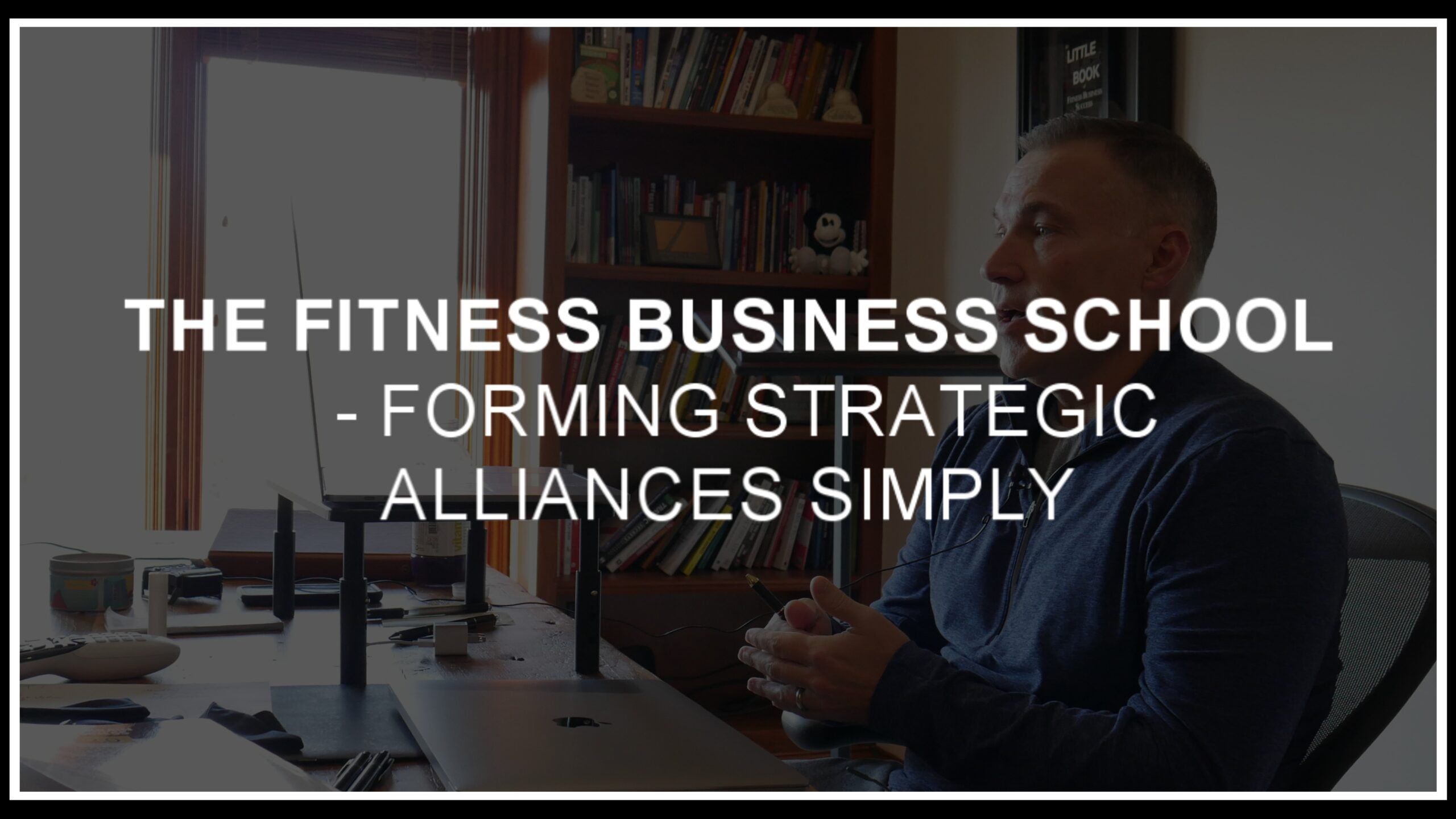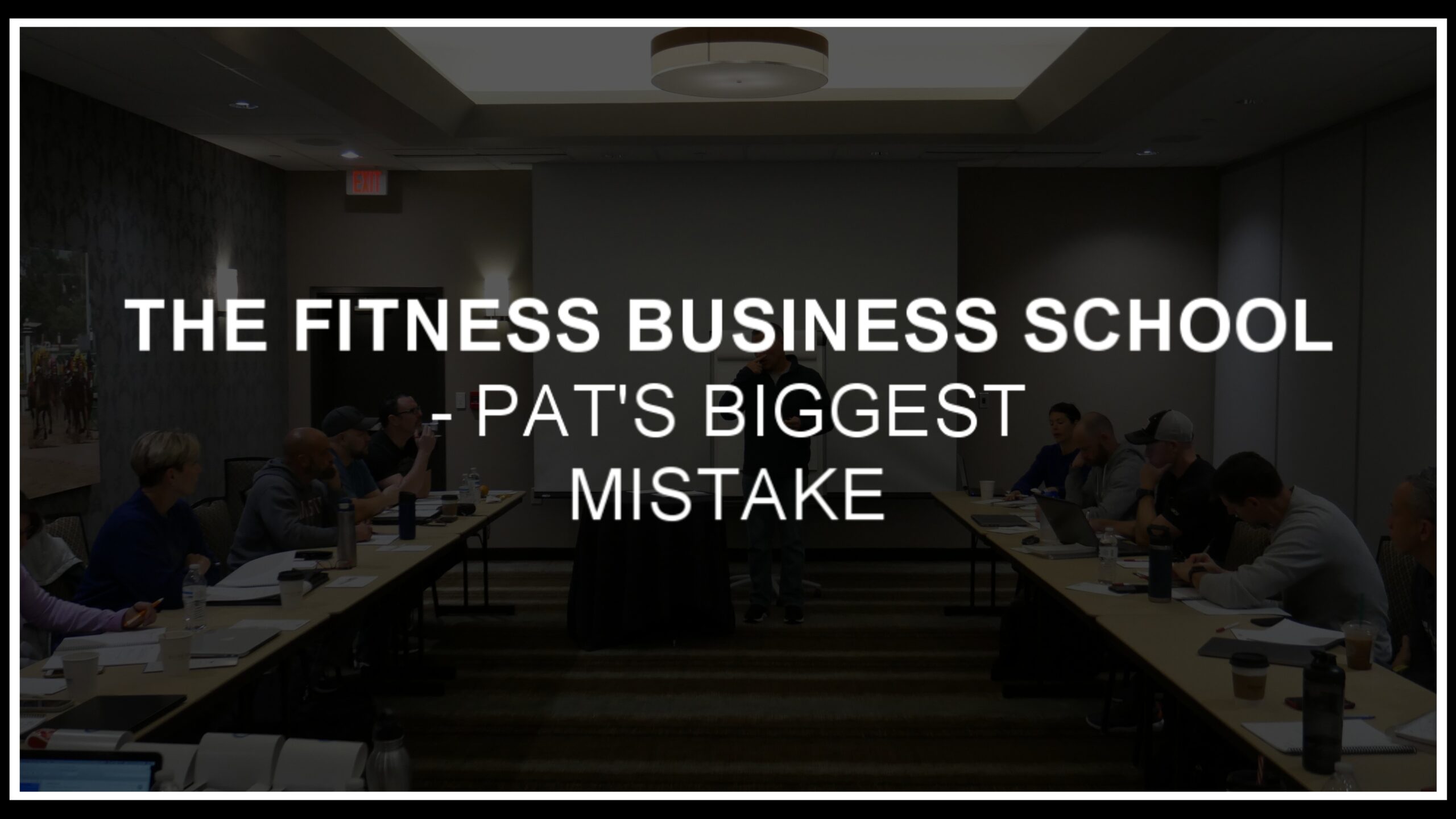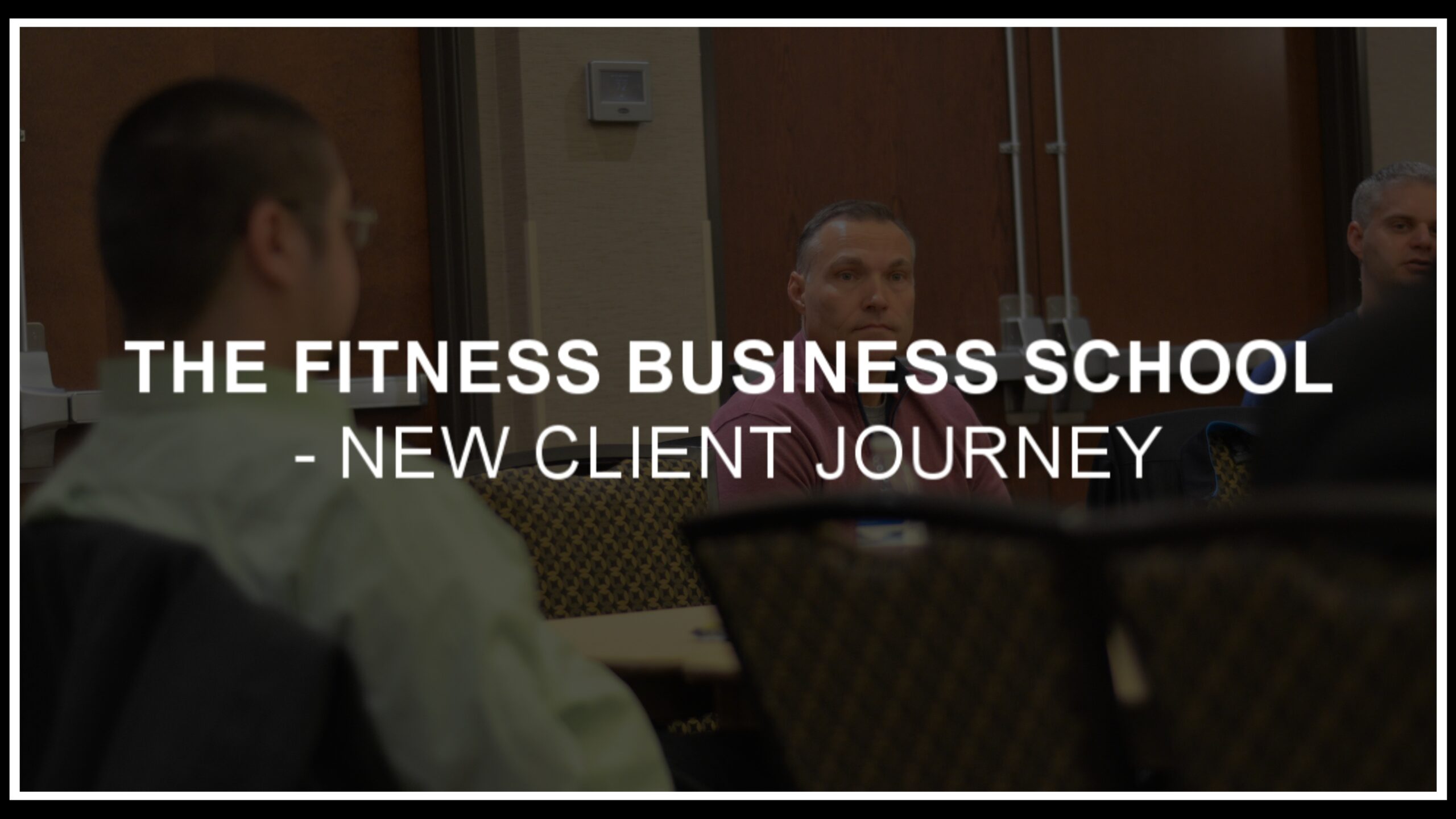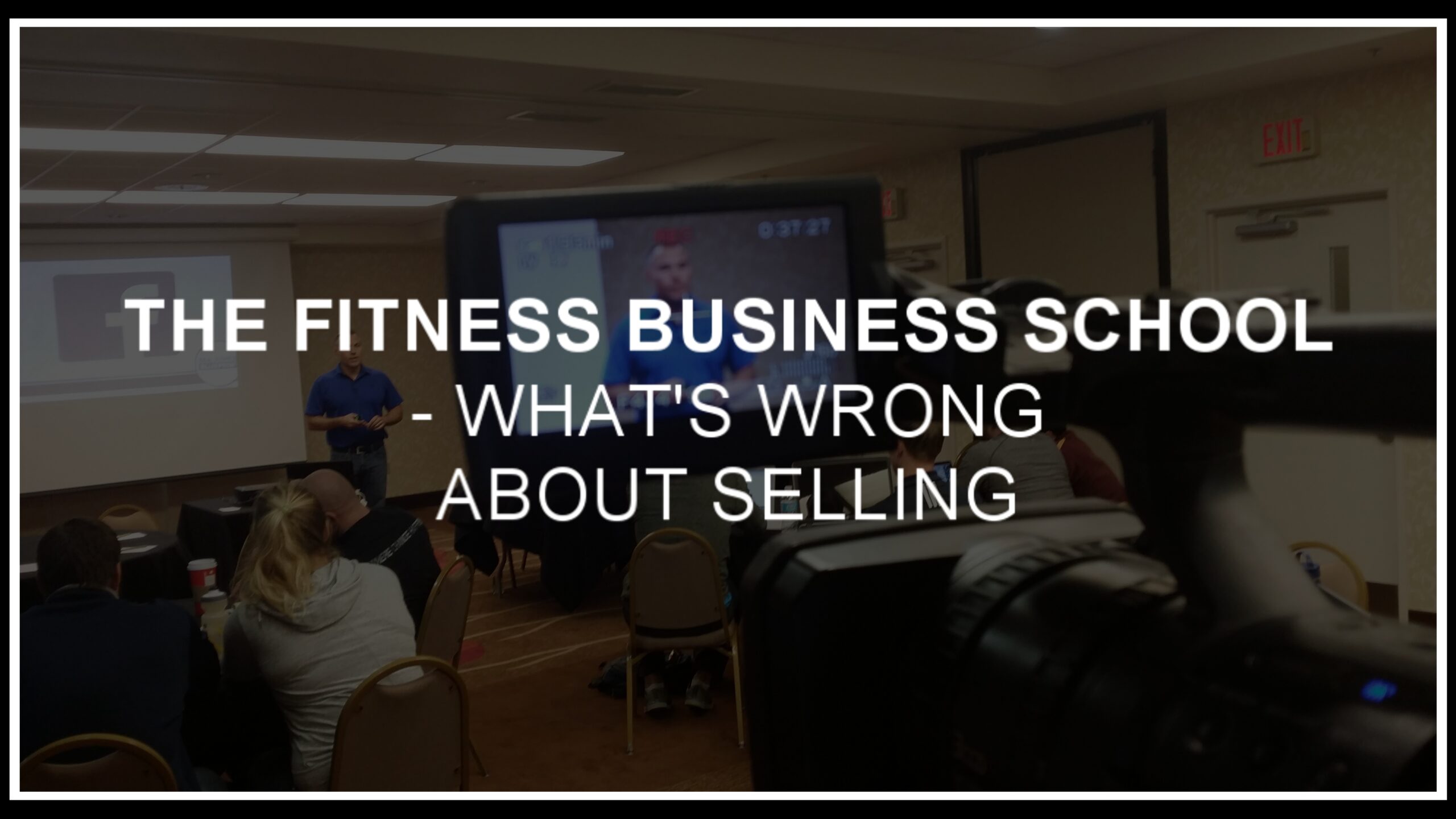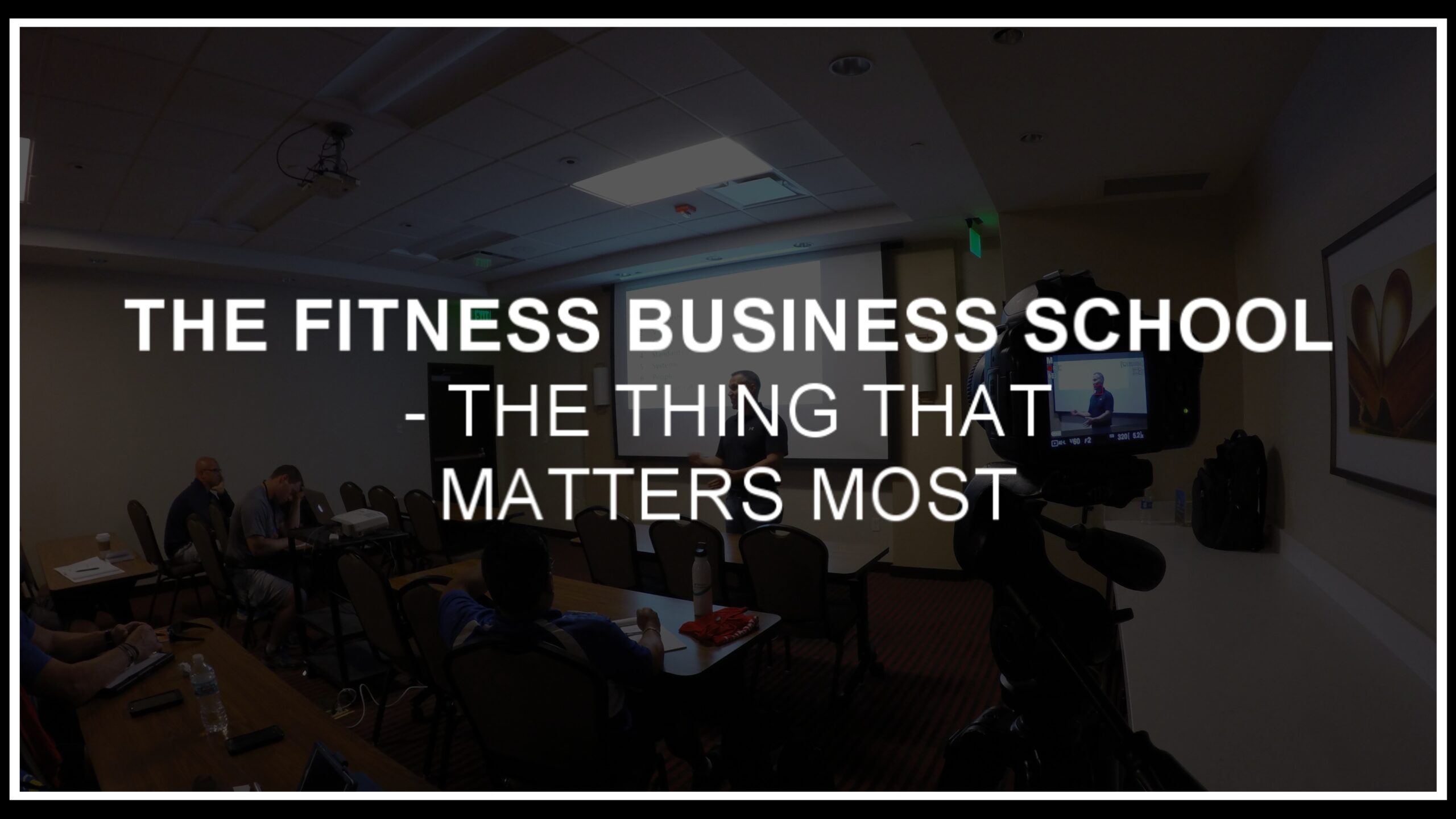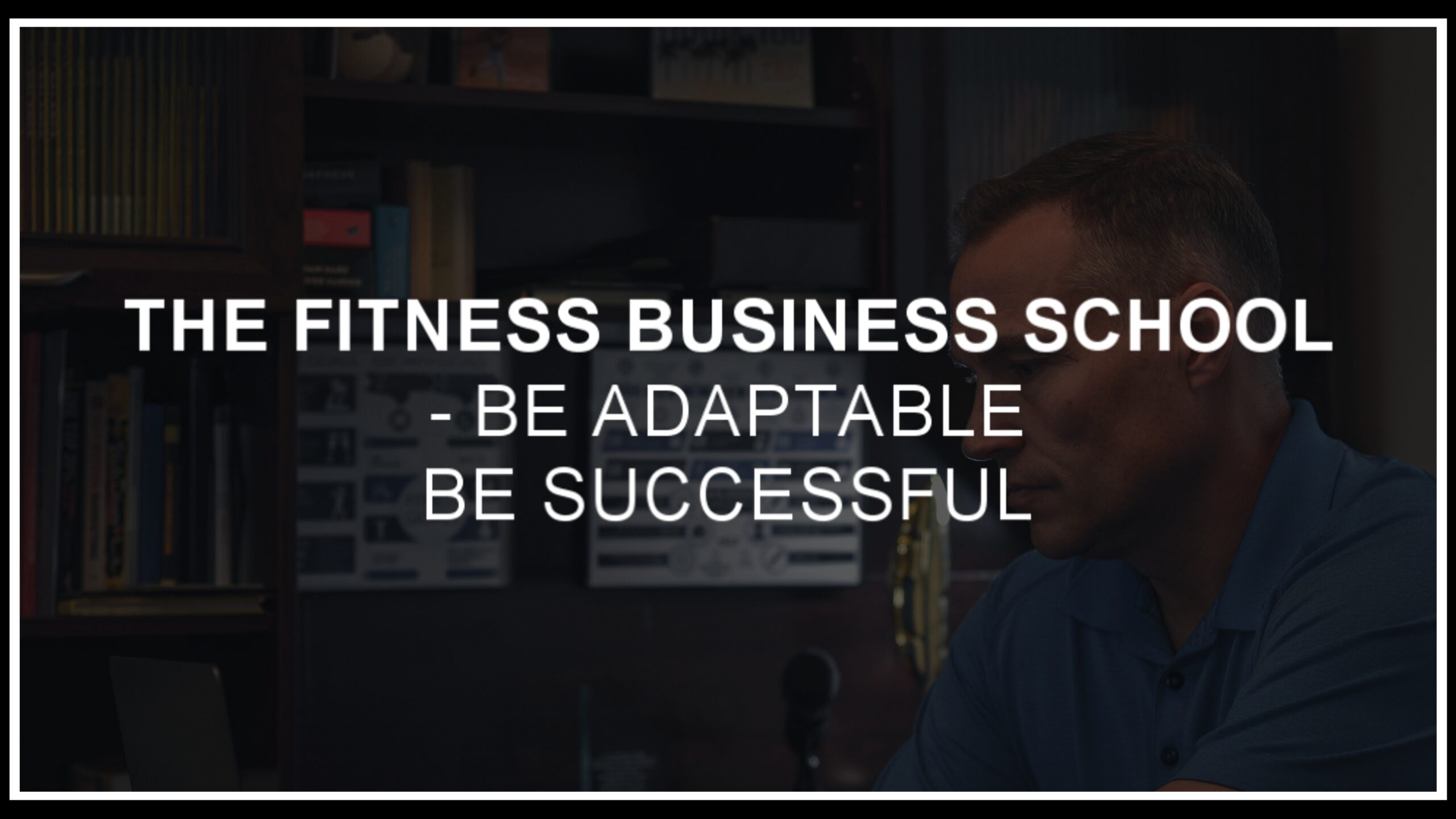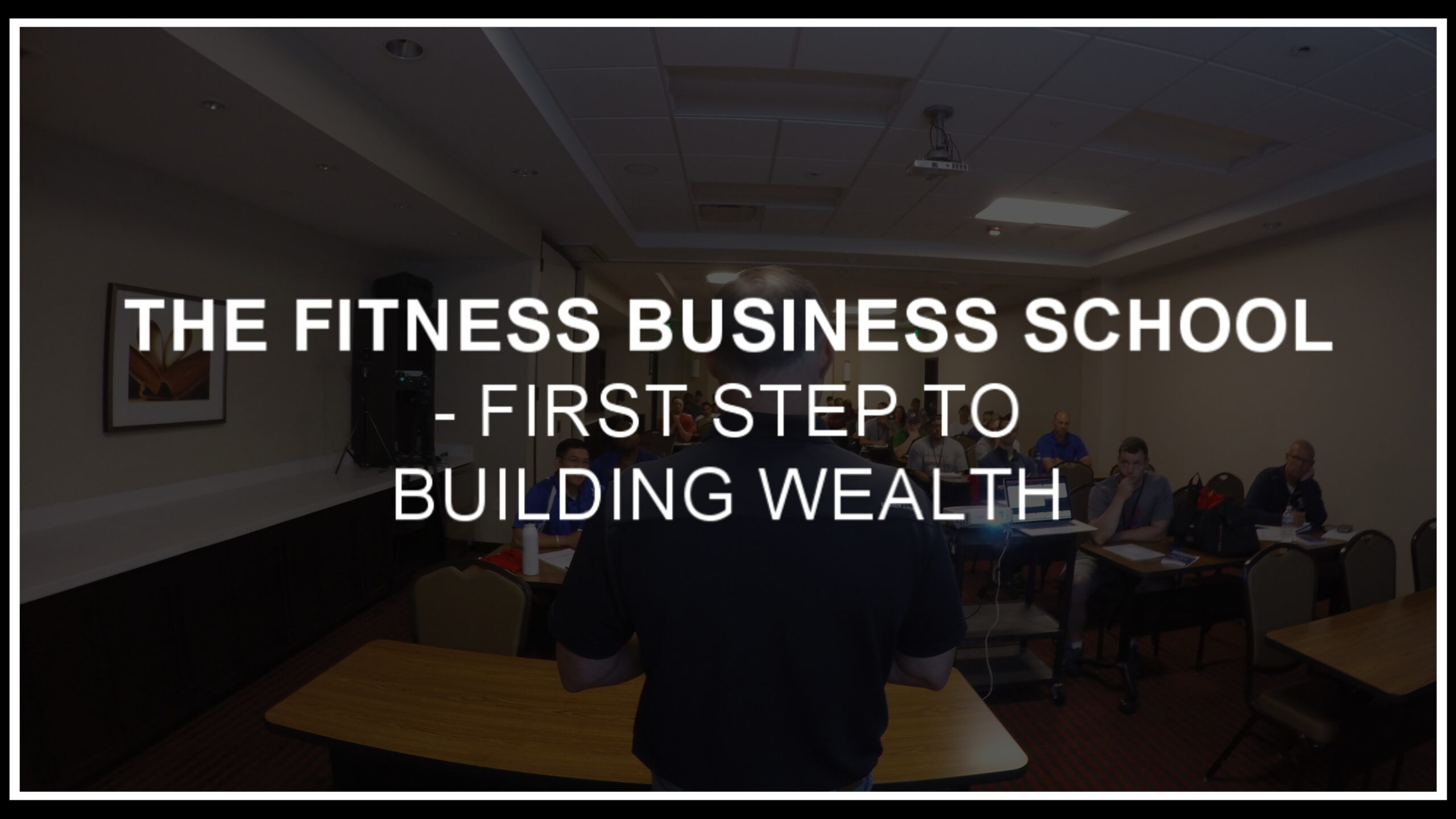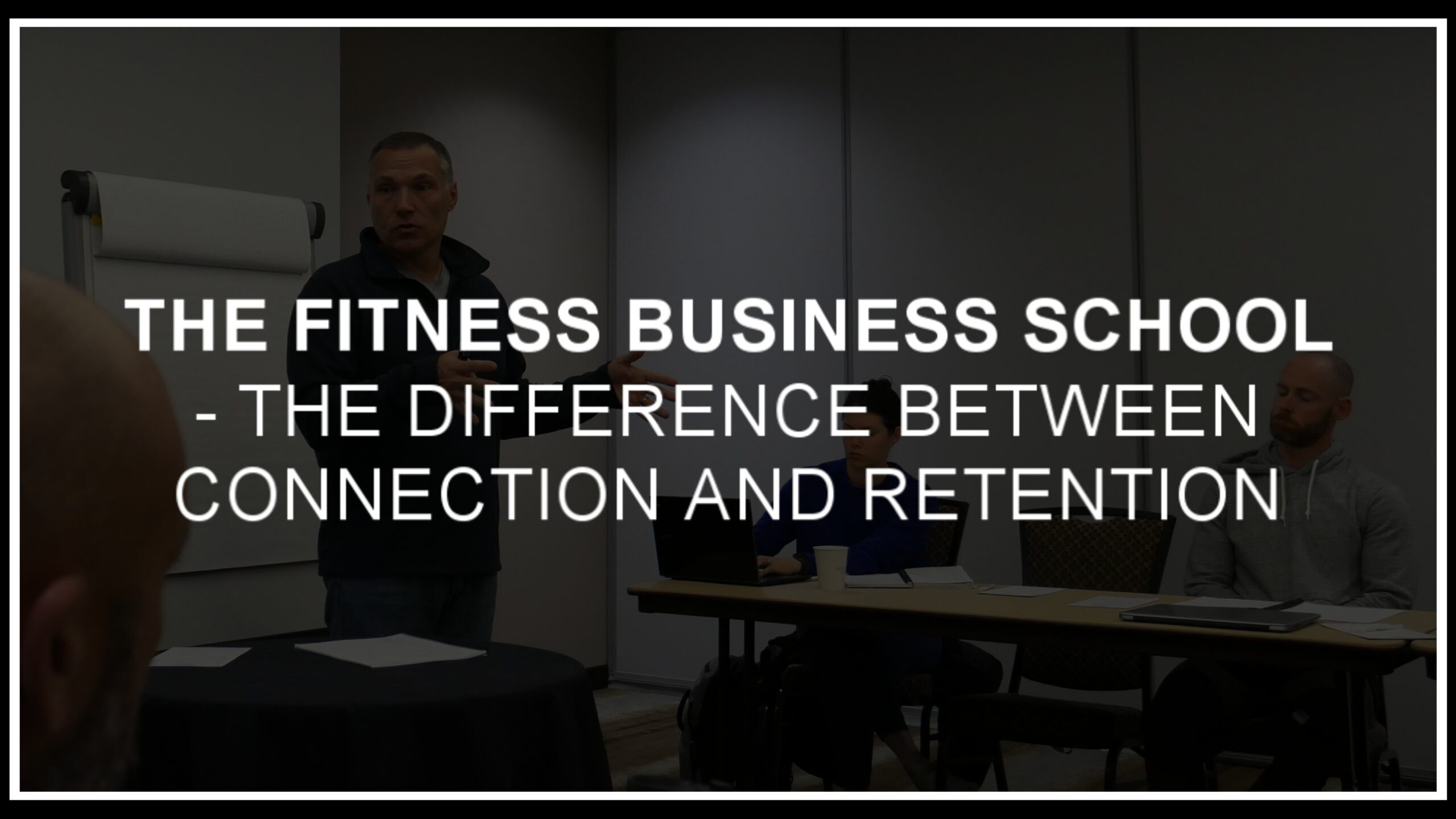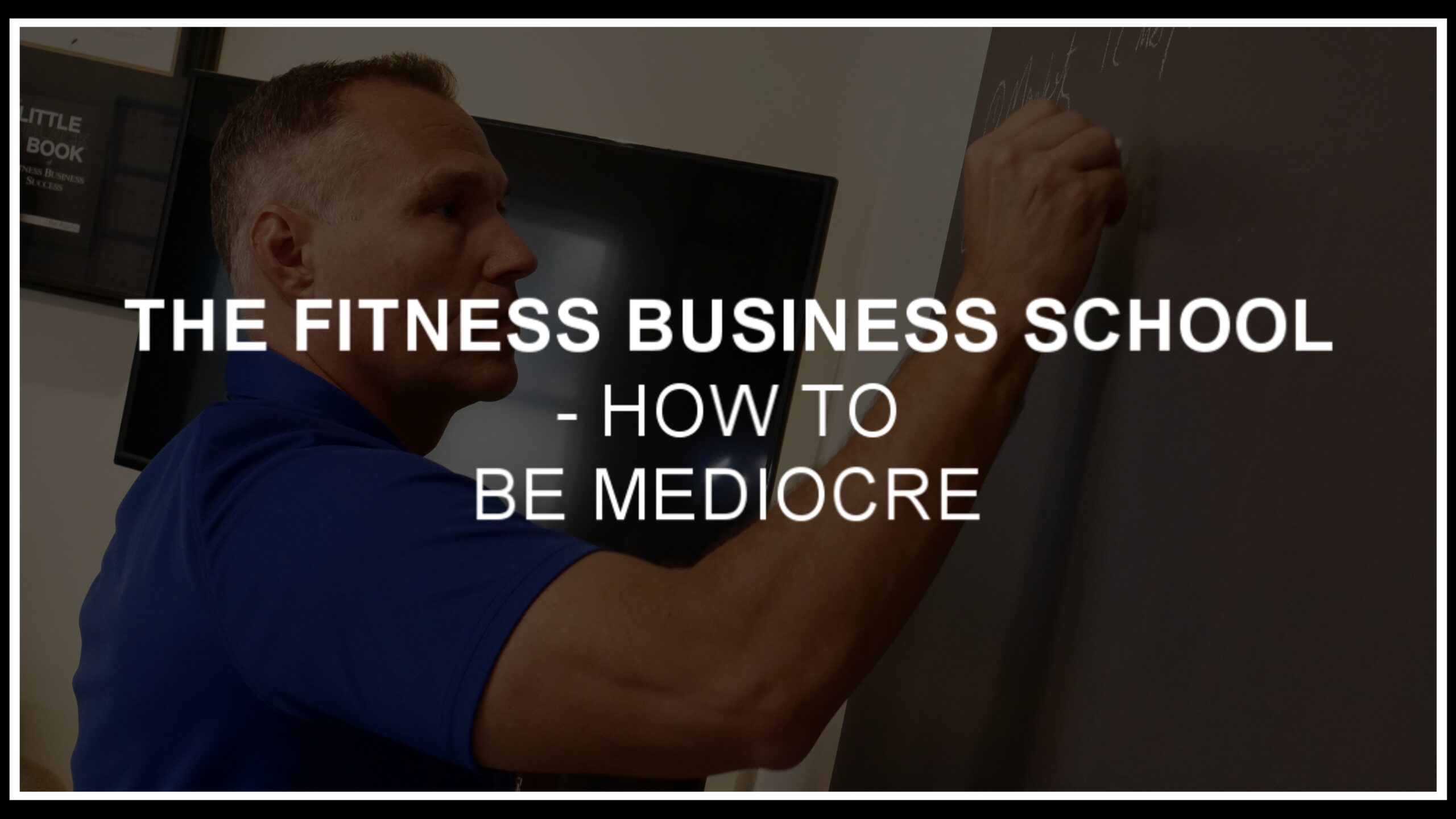Show Notes
- Every one of your connections has an audience
- How can they be incentivized to share it?
- An alliance is not solely self-serving
- Be respectful of the time and effort others have put it in
- Support others before asking for anything
- Don’t come in with your hands out
P.S. – 6-Weeks of Coaching…Free.
Get a surge of new clients and revenue over the next 6 Weeks with ZERO FEE and no obligation to continue?
If you’re a current business owner who wants to add 50K or more in annual revenue over the next 12 month, you can Test Drive our coaching program for 6 Weeks with no fee or even an obligation to continue as a way to demonstrate how we can help you grow your business.
No strings attached. No obligation. You get our best coaching & tools…and hopefully, you’ll love it enough that you want to keep working together.
Would you be interested in discussing?
If so, email me here with ‘interested’ in subject line and we’ll set up a chat.
Full Transcript
Hey, Pat Rigsby here and in today’s episode I wanna talk with you about the simplest way to form strategic alliances. Let’s get started.
Welcome to the Fitness Business School podcast, the show for fitness business owners who want to grow their income, increase their impact and improve their lifestyle. Be sure to listen till the end of this episode because we have a brand new special offer exclusive for listeners. So stay tuned.
Strategic alliances can be one of the most powerful ways for you to go grow a business that can really be a great kind of way for you to connect with another audience with some sense of kind of authority. And to kind of back up the way that I think about marketing in many cases is simply someone else has an audience. Someone else controls access to an audience, whether it’s Facebook or the local PTA or a chiropractor.
They each have their own audience. Even every connection that you have on social media, they have their own friends list or contact list or whatever. And there’s typically something that you can do that might incentivize that person to spread the word about you to their audience. Whether it’s just asking
somebody to share a post on social media or send out a broadcast or run an ad on your behalf or something else. And a lot of times we kind of get to be very myopic and only think about things as they relate to us, or maybe more appropriately as they benefit us. So when somebody comes in they will say, well, hey, I reached out to this business and they weren’t interested or they didn’t follow up. And when I ask them what they said it sounded very self-serving, right?
And, and a good example that I see with the youth sports performance business. A lot of sports performance trainers will go to sport coaches or leaders of, or like youth sports organizations, and they’ll want to pitch their services and they’ll say, well, hey, I can come in and do this, this, and this for your
team. And it’s clear that it’s obviously a benefit to the business and the way they’re presenting it. They think, well, hey, I’m telling them I can help their team, but they’ve not built any relationship with this organization or this coach. They don’t know anything about the team, they just see this as an opportunity. Somebody can come in and say I’ve had plenty of people with various nutritional companies come in when I owned a training business and say, well, hey, I can do this for your clients, and I still have it today with people who come to me with their business, whether it’s software advertising or whatever else, or even just somebody
who is asking to be on my podcast.
And they will frame it as well, hey, this’ll be good for your audience, so let me have access to them ignoring the fact that I’ve spent the better part of 20 years building a relationship with this audience. And at this point well into the seven figures in actually marketing to build and nurture a relationship
with an audience. And the thought that I’m just going to hand over this because somebody’s decided that they think that they have something to offer is kind of naive. And in some ways just flat out silly because you have to be respectful of the work somebody’s done. I mean, if you go to a local chiropractor or health food store or anything else, like, you have to be respectful that that person’s put in a lot of time and effort, and this is their livelihood, just like this is your livelihood.
And that they’ve got a full plate, they go to busy job, they’re, they’re doing all sorts of things, wearing all sorts of hats, just like you are most of the time. And the easiest thing to do if you want to get their attention is to simply go in and help. And how, how can we do that? Well, like, let’s say if you’re in a
Chamber of commerce, you go to other small businesses and say, Hey, I just wanna come support fellow chamber members. And if it’s a restaurant, go in and buy lunch. If it is a massage therapy place, go in and buy a session if it’s anybody go in and support them doing their thing before you
even bother to ask for anything for you. And if you do that, now the, this has changed a little bit, right?
They know that you’ve got a little bit of skin in the game here. They know that you are being attentive to what they do. And you can even take it a step further. You could go in and if you’re a Chamber of Commerce member, you could go in and have lunch at a restaurant and make a post and
say, Hey, just had this wonderful lunch at my fellow Chamber of Commerce member blank restaurant, and post it on social media and, and give them a little bit of love publicly. Like you can do things to build a relationship where you’re actually interested in the other party first, and you’re willing to pay some
dues and you’re willing to be helpful and be interested and even be a customer client or patient first. And then after that you can present ideas about collaboration.
Now, I will admit, sometimes this doesn’t work out. There I can think of one business owner that I’ve always had a very friendly relationship with. I’m sure that they would refer to me as a friend or whatever else. And I have done some, some work just to be helpful, never asked for anything out of it. And that certainly took the work that I do and reaped some benefits from it. But it, but I know that through the grapevine, I would, I would hear how territorial they were. I if anybody that they had as a client or anything wanted to attend one of my events, or they heard them asking about me, they would get very territorial and, and protective. And that’s fine, right? I’m not surprised by that.
Because I think some people they get to be really protective of their crowd and they may be if you wanna call it scarcity minded I guess, or whatever, I mean, that’s fine. So it doesn’t always work out just by giving and helping and being interested. But my experience is over time that the results have been very positive. More often than not, it’s been way better to go and lead with that. Like, if I wanted to get the attention of a local small business, the easiest thing that I
could do is to go invest in them, right? Because they’re a business too. Their time’s valuable. And I’m basically saying, look, I value what you’ve done. I value the work that you, you’re putting in. I wanna support you. By the way, if you would be interested, I would love to learn more about you and see if there’s anything that we can do to have a collaborative relationship that would benefit you even more.
So, if you want to build a better business through strategic alliances, the simplest place to start is to actually be the giver first. Not the the person who’s looking at this, Hey, what’s in it for me? You are the one initiating this. You are the one asking. So you are the one who has to earn the conversation. Not
that we should just assume that they want the conversation, this wasn’t their idea. So approach it from that perspective. Approach it from the mentality that, Hey, I’m gonna go build as many strong relationships with other businesses in the community that, that, that I can, or organizations even in the
community that I can. And if I do this, some of them are gonna pay off and some of them are gonna open doors for me to be in front of their audience, to do public speaking, to maybe do joint projects together. There are any number of things that can come from this, but it starts with you leading by
investing in them. If you are willing to lead by investing in them, everything else becomes so much easier.
Thanks for listening to this episode of The Fitness Business School.
Before you go, I’ve got a quick announcement. When I first connect with fitness business owners, they almost always ask me how I can get more clients and make more money. Well, I’ve got an exclusive offer for you and it’s gonna help you do just that.
And as a listener of this show, I would love to invite you to a conversation where you and I can talk about our new program, the Business Growth Sprint.
The Business Growth Sprint is a one-of-a-kind program where you get everything you need.
We actually work with you one-on-one, unlimited, one-on-one coaching and support.
We design a marketing plan for you. We give you assets to execute the plan.
It’s unmatched in our industry between the level of coaching, the frequency of accountability, the simple step-by-step nature and the completeness of how it’s gonna guide you to making more money and improving your personal income fast.
Imagine having every tool, template, ad, and script that you need all ready-to-use. Plus you’re going to get one-on-one access with me and the other coaches on my team to make sure that everything from your business growth plan to your marketing and sales system is done, turnkey, ready to go.
And what’s great is there is zero risk. We guarantee that you are going to add at least $4,000 a month in recurring revenue, or $20,000 a month cash collected as part of this program in just four months.
So if you are interested, if you’d like to discuss and see if this is a fit, just shoot me an email at [email protected] and put Sprint in the subject line and I’ll get you all the details.


